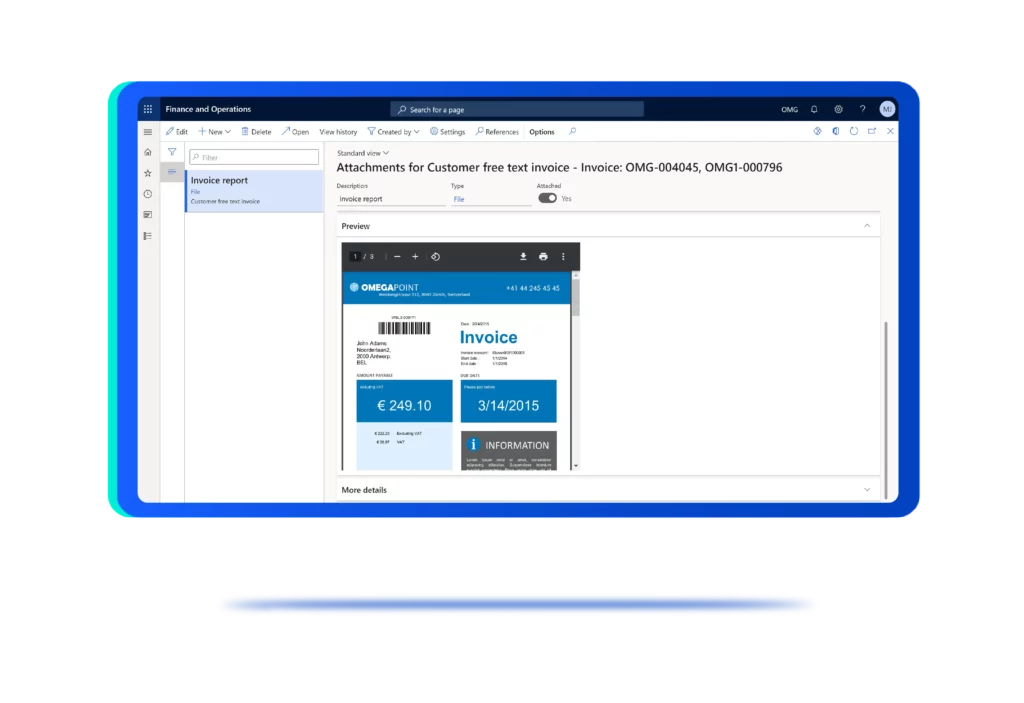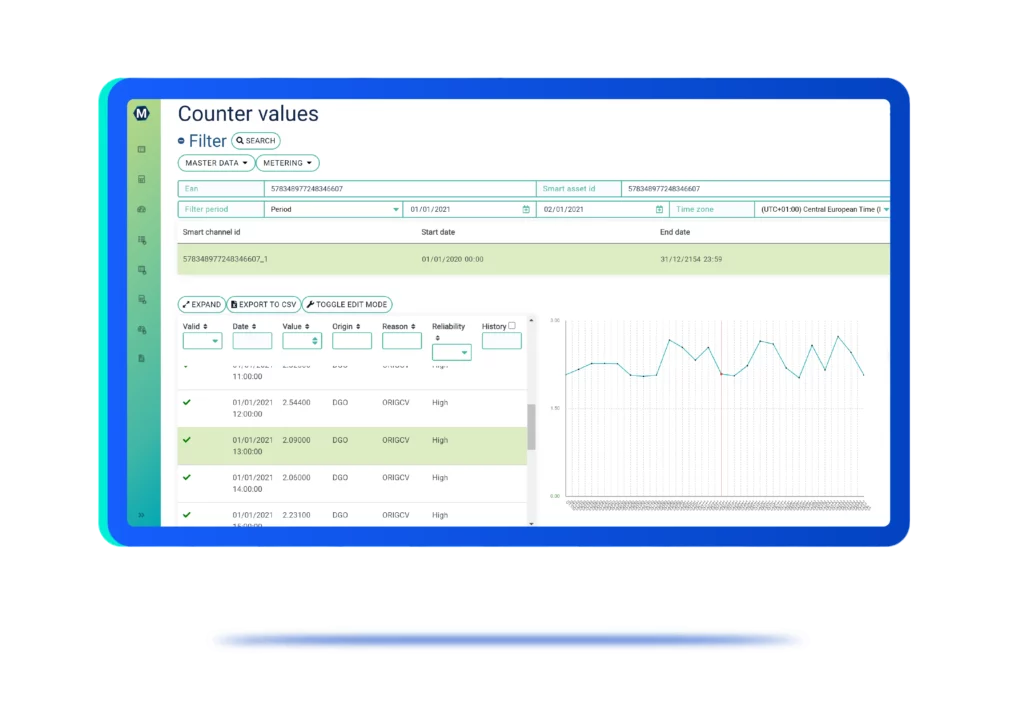Block Tariffs in the UK
Consumption based tariffs have a number of names in the market, including volume sliced or block tariffs. They are a means of implementing pricing strategies that are being used by many water companies within the industry in the UK to encourage water conservation and provide fair pricing for all households both vulnerable and otherwise.
Implementing block tariff structures allows the cost of water to be divided into tiers based on usage, with the price per unit of water increasing as consumption increases.
Block tariffs also enable vulnerable customers (on certain benefits who have a high essential use of water) to qualify for the WaterSure Tariff and benefit from a capped price when their usage exceeds a certain volume whereas customers on standard tariffs do not benefit from a price cap.
The use of block tariffs in the domestic market is increasing in the UK water industry as a means of providing affordable water to households and incentivising water conservation. The tiered pricing structure means that households that which consume less water pay a lower rate per unit for their water than households that have a higher consumption.
Water companies in the UK have implemented consumption based tariffs in various ways. Some companies have implemented a simple two-tiered pricing structure, while others have implemented more complex pricing schemes that include more tiers. The pricing schemes need to designed to be fair and equitable, ensuring that households pay a fair price for the water they consume.
Consumption based tariffs ensure that the whole population get access to low cost water for essential uses, i.e. drinking water, sanitation.
Consumption based tariffs incentivise households to actively reduce their water bills by reducing discretionary consumption.
The consumption based tariffs also promote water conservation. The tiered pricing structure motivates households to use less water, which in turn reduces the overall demand for water and helps to promote the efficient use of our water resources.
Consumption based tariffs also allow water companies to recover all their costs for providing water and wastewater services whilst at the same time encouraging water conservation and providing fairer pricing for households.
MECOMS 365 is a cloud-based solution designed for all utility companies, gas, electricity, water & heat and grid operators. MECOMS 365 is a one stop shop that can effectively manages the end to end journey of a customer from CRM through to billing and credit management.
The billing engine already supports consumption based block tariffs that apply a different price based on configurable consumption triggers.This helps to ensure that customers are billed accurately and fairly based on their water usage. The billing engine can generate itemised bills that allows customers to clearly see what they have been charged for on each of the tiered levels making the billing completely transparent.

MECOMS 365 can provide real-time monitoring of a customers water consumption, this can help both the customer and the water company to identify households that are consuming more than the normal volume of water for their situation.This data can then be used to help educate the customer on water conservation or in some instances highlight a potential leak where consumption suddenly jumps. MECOMS 365 can easily be configured to send personalised messages to targeted households on how they can reduce their water consumption and lower their bills.

MECOMS 365 has an impressive self serve portal that already allows customers to view their water consumption and billing information online. This can be configured to provide data on their pricing tiers and how it affects their bill. Access to this data allows the customer to use water more wisely and supports the overall mission to encourage customers to be more aware of their water consumption and promote water conservation.
MECOMS 365 also has an analytical and reporting solution that will allow water companies to track and analyse the effectiveness of their consumption based tariffs. This can include identifying trends in water consumption across different pricing tiers, monitoring the impact of education and outreach campaigns on water conservation, and assessing the overall financial impact of consumption based tariffs on revenue and customer satisfaction.
Overall consumption based tariffs are here to stay and the water industry is looking to move more towards this offering to promote water conservation and provide fair pricing for households.
The key concept being the encouragement of households to consume less water and offer them a lower rate per unit for the water they do consume. It also enables the industry to treat customers fairly while encouraging everyone to take more responsibility for their water conservation.
MECOMS 365 provides all of the above functionality along with the data and analytics to support both the customer and the water company in effectively monitoring and managing performance.
With its;
MECOMS 365 can help water companies to provide fair and equitable pricing structures while promoting water conservation and customer satisfaction.

Mar Jorba
Talk the talk
Stay informed about current events and stay on top of the latest trends for energy suppliers, grid operators, heat-and-water providers.